Aruba Atmosphere: 6 IoT Products Partners Should Be Selling
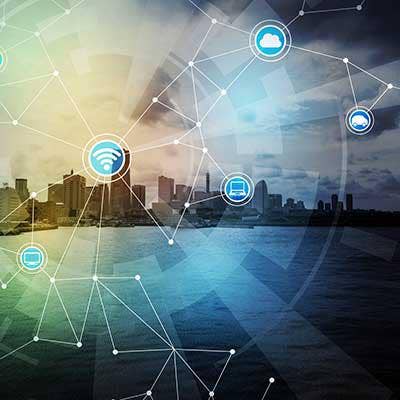
Partner Focus On IoT
Aruba Networks kicked-off its Aruba Atmosphere partner conference on Tuesday in Nashville, Tenn. by releasing a new global Internet of Things study that found mass adoption of IoT will likely happen by 2019. Aruba, a Hewlett Packard Enterprise company, surveyed 3,100 IT and business decision makers to discover that 72 percent of enterprises have already introduced IoT devices into the workplace with 75 percent of those respondents saying IoT has increased profitability.
"My message to channel partners is: 'This is real,'" said Chris Kozup, Aruba's vice president of marketing, mobility and IoT, in an interview with CRN. "50 percent of enterprises today are already adopting certain aspects of IoT and, in two years, that will be closer to 85 percent."
Kozup takes a deep dive with CRN on what exact IoT-focused products Aruba channel partners should be pushing this year.
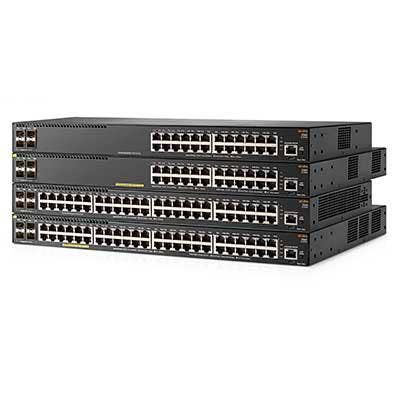
Aruba 2540 Switch
Launched in December, Aruba's new 2540 switch series has advanced IoT capabilities including the ability to detect power consumption requirements from IoT devices with the ability to scale its power output to match the power required.
"If you're now powering thermostats, lighting control systems, sensors – all of a sudden the sheer number of things a switch could be powering means you would have to multiply the number of your switch ports dramatically just to service all of those power requirements. What the 2540 has the ability to do is to much more granularly auto-negotiate the power distribution for things that might not consume the standard power that you would typically find," said Kozup.
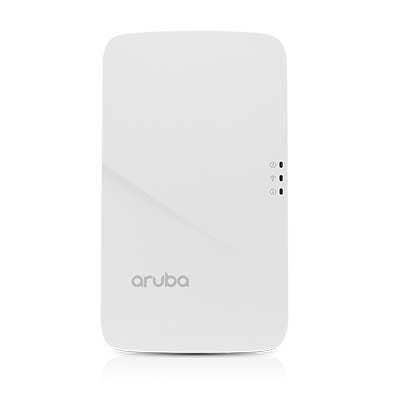
303H Access Point
Aruba's 303H access point is geared towards the hospitality and branch environments and has a maximum concurrent data rate of 867 Mbps in the 5GHz band and 400 Mbps in the 2.4GHz band. The flexible 802.11ac access point can be wall mounted or converted to a desk mounted using an optional mounting kit. The product can be deployed in either controller-based or controller-less deployment mode.
"It actually plugs into the wall, into a power socket," said Kozup. "In a hotel room, a number of IoT devices or things can hang off of that. So it could be ordering systems for room services or an in-room sensor to detect motion to change temperature or lighting controls in the room. These types of solutions, even though it’s a point-product, it allows for some of these broader solutions to be much more cost effective."
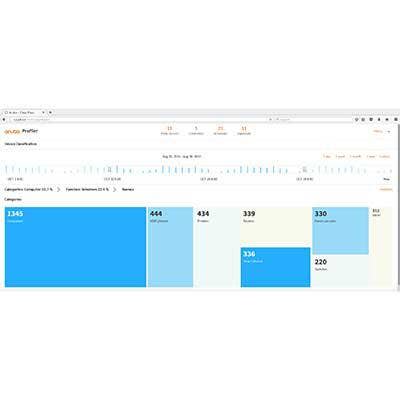
Universal Profiler
Aruba's ClearPass Universal Profiler is a network access control solution that channel partners can offer as-a-service. The enterprise-focused profiler – based on Aruba ClearPass – automatically identifies and "fingerprints" IoT devices on multi-vendor wired and wireless networks, said Kozup. The solution also secures the network and protects businesses from threats that emerge from unknown endpoints and IoT devices connecting to the network.
"Basically, you attach the appliance to the network and it will go out and profile all the various things that are on the network. It maintains a dictionary of different types of devices then you can take the next step to assign specific policies – permit it, deny it, quarantine it or block," said Kozup. "If it is not found in the dictionary … then it will alert the administrative to that and actually give some level of location and allow the administrator to classify it and bring it back into policy."
According to Aruba's IoT study, 84 percent of organizations have experienced an IoT-related security breach, while more than half of the respondents said that external attacks are a key barrier for embracing and adopting an IoT strategy. "Profiler the first step from an IoT security perspective that partners should be looking at," said Kozup.
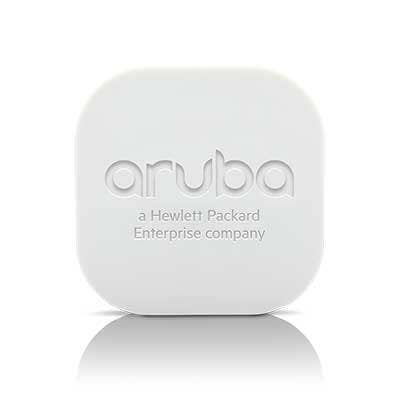
BLE Beacons
Aruba beacons leverage Bluetooth Low-Energy (BLE) technology to power location-based services and proximity-aware push notifications for customers. These small, low-power wireless transmitters broadcast radio signals at regular intervals that can be heard by iOS and Android devices.
"We see a lot of interest in location-based services around IoT," said Kozup. "Beacons are going to play a role in that and you'll see an expanded role of location-based services from us over time in the IoT space."
Only 49 percent of retailers globally are using IoT technology, although 81 percent of retailers who have implemented IoT report improved customer experiences, according to Aruba's study. In-store location services to deliver personalized offers and product information to shoppers was touted as the number one implementation for IoT devices, said the study.
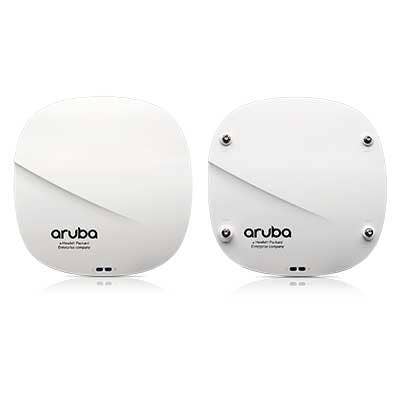
330 AP Series
Kozup said Aruba's 330 Series of Wave 2 access points is going to be the company's flagship APs for IoT. The series not only is integrated with Bluetooth from a beacon perspective, but also has the "highest capacity capabilities" to allow for multiple types of IoT devices to connect, he said.
"It's optimized for a whole variety of different things, not just mobile devices," said Kozup. "It has integrated beaconing capabilities into the AP that brings into play a lot of the location-based sensing type of solutions."
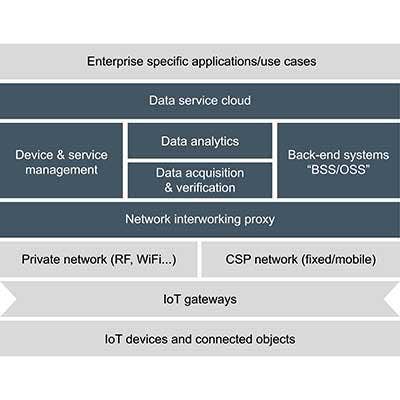
HPE-Aruba Universal IoT Platform
The HPE-Aruba Universal IoT platform allows customers to manage their IoT solutions and monetize the vast amounts of data generated by connected devices.
"If you’re a highly distributed enterprise with a big field force, or if you’re a tTelco, you have thousands or even millions of things – parking meters, traffic lights, lighting systems, garbage disposal units or energy meters or 1,000 trucks that are delivering field services and support – for all of these things, what this IoT platform does is allow for the connectivity and provisioning of those things across a variety of different networks, whether it be Wi-Fi, LoRa networks, 3G, 4G networks," said Kozup. "It allows for the pervasive of connectivity of those things and allows for the control and management."